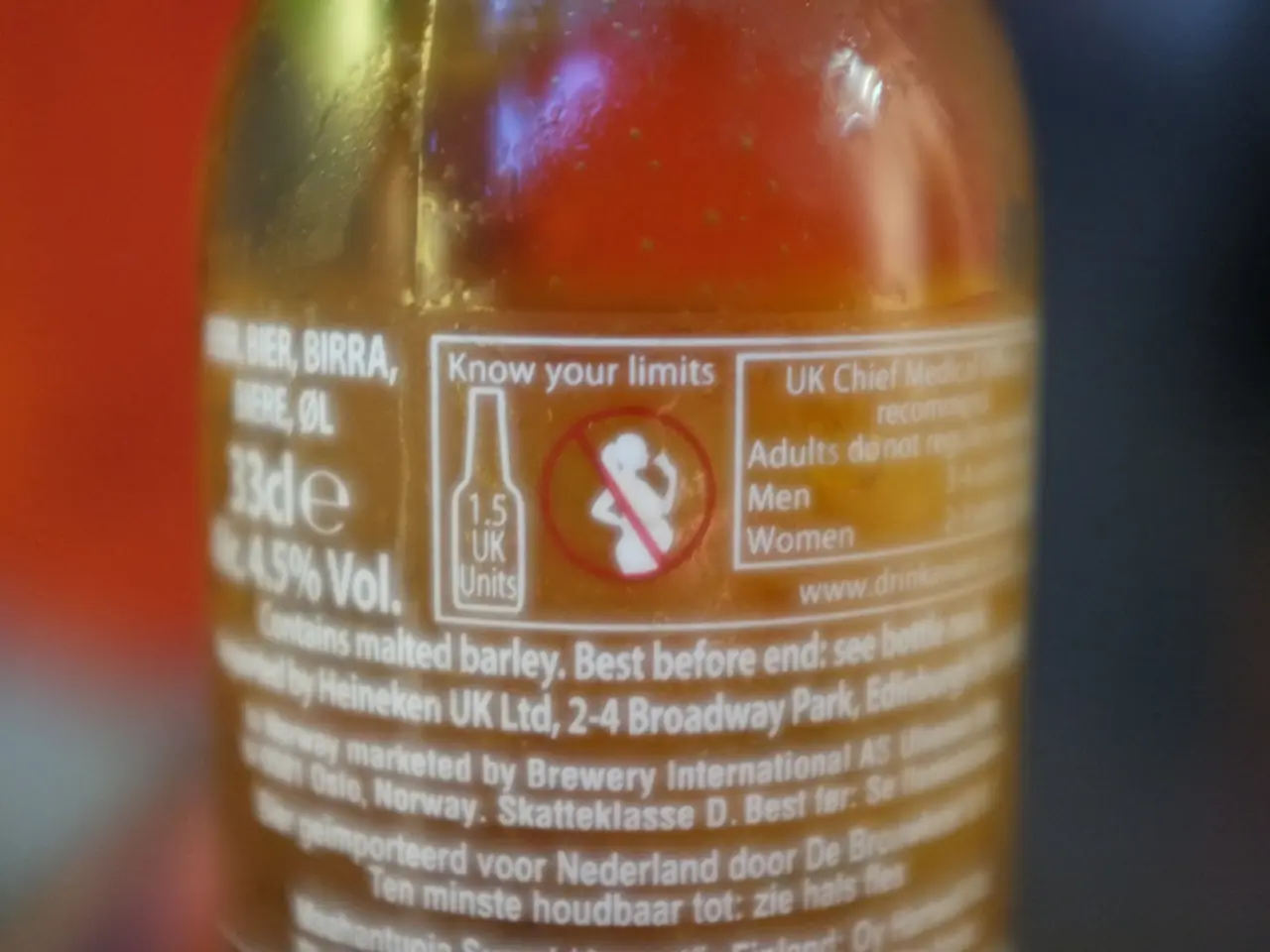Conducting Clinical Tests for COVID-19 Treatments with Optimal Results
In a significant breakthrough, a team of international researchers, led by Shingo Iwami and Keisuke Ejima, have developed a model that could accelerate drug repositioning and new drug development for COVID-19. The study, titled "Detection of significant antiviral drug effects on COVID-19 with reasonable sample sizes in randomized controlled trials: a modeling study," is published in PLOS Medicine.
The study finds that initiating treatment five days after symptom onset masks drug efficacy, while administering antivirals within the first day of symptom onset improves outcomes. The researchers also discovered that virus-producing cells die at different rates, classifying patients into rapid, medium, or slow virus decay groups.
The team's findings suggest that early patient recruitment and treatment initiation can significantly reduce the required sample size in evaluating COVID-19 drug candidates. For instance, the required sample size for an antiviral with 95 percent inhibition drops to 584 participants per group when patients are recruited early and treated within a day of symptom onset. Similarly, the required sample size for an antiviral with 99 percent inhibition drops to 458 participants per group under the same conditions.
The researchers used a mathematical model to analyse longitudinal patient data from clinical research. Shoya Iwanami, one of the authors, states that the model could be used for other clinical trials or diseases.
The importance of randomization in clinical trials is highlighted in the study. Differences in virus decay rates can affect the effects of antivirals, making randomization a crucial factor in identifying effective antivirals for COVID-19. In observational studies, patients are assessed for antiviral treatment based on symptoms, while randomization assigns patients blindly to treatment and control groups.
The new modeling study suggests that randomization, early patient enrollment, and treatment initiation are key to identifying effective antiviral drugs for COVID-19. Clinical trials following the recommendations of the study are now underway.
The paper can be accessed using the DOI 10.1371/journal.pmed.1003660. The researchers note that their findings could be applied to other clinical trials or diseases.
The study does not provide information about the researchers who published a study on the effectiveness of antiviral drugs against COVID-19 in PLOS Medicine nor their affiliated universities. The team consists of Shingo Iwami, Keisuke Ejima, Kwang Su Kim, Koji Noshita, Yasuhisa Fujita, Taiga Miyazaki, Shigeru Kohno, Yoshitsugu Miyazaki, Shimpei Morimoto, Shinji Nakaoka, Yoshiki Koizumi, Yusuke Asai, Kazuyuki Aihara, Koichi Watashi, Robin N. Thompson, Kenji Shibuya, Katsuhito Fujiu, Alan S. Perelson, and Takaji Wakita.
This research offers promising insights into the future of COVID-19 drug development and could pave the way for more efficient clinical trials for various diseases.
Read also:
- Researchers delve into unexplored territories of cardiovascular wellness with the Apple Watch
- Enhancing Vaginal Health through Probiotics: Top Strains for Maintaining pH Levels
- Uncovered in a Danish cellar, a 130-year-old butter additive harbors bacteria dating back to the 1890s.
- Duties and Responsibilities of a Caregiver for Dementia Patients (A Simplified Handbook)





